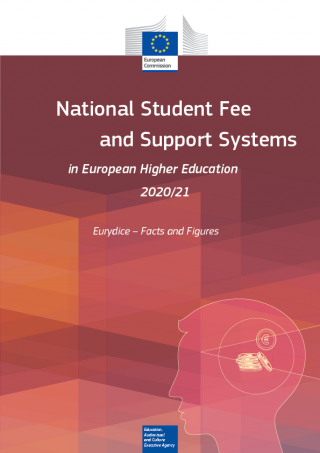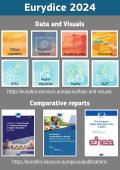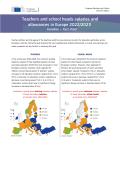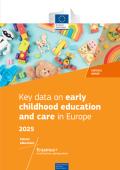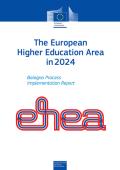National Student Fee and Support Systems in European Higher Education 2020/21
The availability of financial resources to fund studies is an important factor when it comes to access higher education. In particular, disadvantaged students are highly sensitive to the availability of sufficient funds. Finding sustainable solutions for financing higher education, while guaranteeing the right conditions for students to study in higher education, is one of the challenges of governments.
Student fee and support systems are important tools of national policies in this field as they play a role in supporting (or discouraging) access to higher education, and can have an impact on progression and completion rates. While fees impose a financial burden – which may be more or less significant depending on the nature and level of the fees and the socio-economic conditions of students and their families –, support measures are able to alleviate financial obstacles to study. The question of student fees and financial support is even more crucial to discuss in 2020 – as the COVID-19 pandemic created exceptionally difficult circumstances to students – liquidity problems, difficult study conditions, access to tools, etc.
The report shows how fee and support systems, including grants and loans, interact in higher education in Europe. It describes the range of fees charged to students in publicly-funded higher education, specifying the categories of students that are required to pay and those who may be exempt. It also explains the types and amounts of public support available in the form of grants and loans, as well as tax benefits and family allowances, where applicable. Finally, this years’ edition also enumerates administrative and financial measures that governments adopted to help students advance in their studies within the challenging circumstances created by the pandemic.
The report has two main parts: a comparative overview and a set of national information sheets. The comparative overview focuses mainly on fees and support for first-cycle full-time home students, while also showing differences between study cycles, full-time and part-time studies, and home and international students. The national information sheets describe in more detail the national situation of 27 EU Member States as well as the United Kingdom, Albania, Bosnia and Herzegovina, Switzerland, Iceland, Liechtenstein, Montenegro, North Macedonia, Norway, Serbia and Türkiye.

